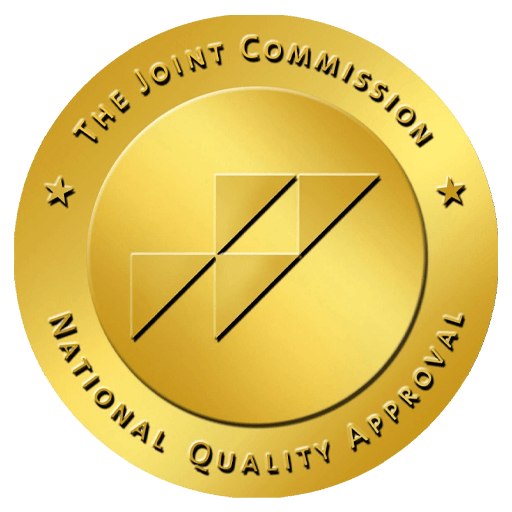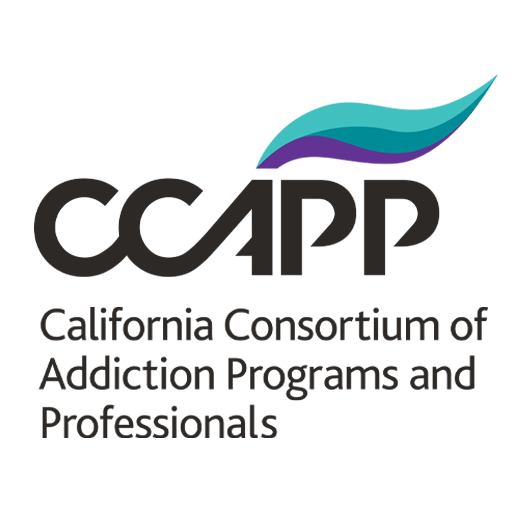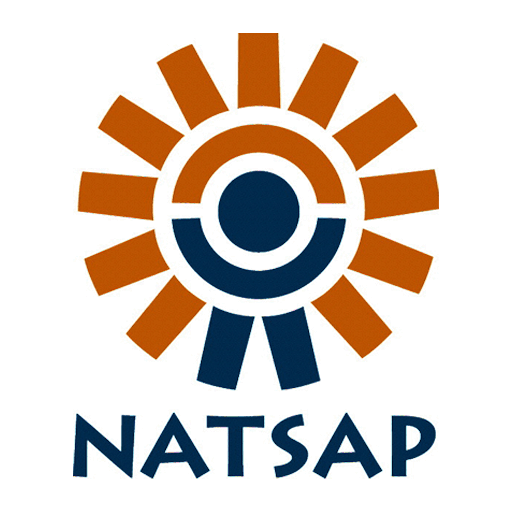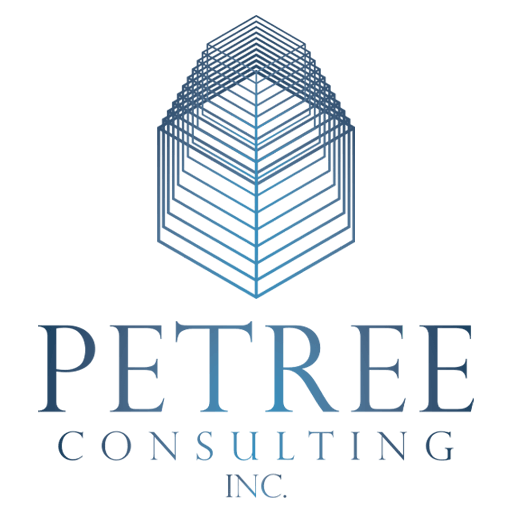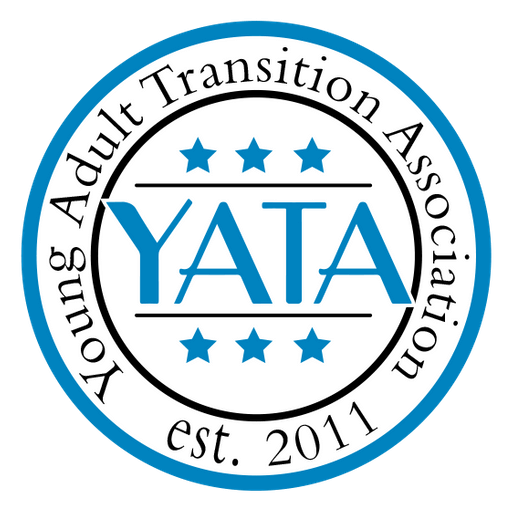Addressing Addiction in Encino
Encino, a vibrant community nestled in the San Fernando Valley, faces the challenge of addressing substance abuse just like any other locale. The demand for effective solutions has given rise to numerous facilities offering drug and alcohol rehabilitation services. Among these, Encino drug and alcohol rehab centers play a pivotal role in helping individuals reclaim their lives from the grip of addiction.
These centers provide crucial support through comprehensive treatment plans that cater to a variety of dependencies. Whether individuals are battling alcohol, nicotine, fentanyl, marijuana, or heroin addiction, the personalized approach offered at these facilities is designed to address both the symptoms and the root causes of substance abuse. This dual focus on immediate care and long-term recovery is essential for meaningful rehabilitation.
The Unique Approach of My Limitless Journeys
My Limitless Journeys is a beacon of hope for those seeking Encino drug and alcohol rehab. As someone who’s been in the addiction treatment industry for over 20 years, I can tell you that the personalized approach this center offers is truly transformative. Founded and managed by individuals who have personally battled addiction, My Limitless Journeys is rooted in empathy and understanding.
What sets this center apart is its commitment to addressing co-occurring disorders, which are prevalent among those struggling with substance abuse. By treating mental health issues alongside addiction, My Limitless Journeys ensures a holistic recovery process. Their programs emphasize dual diagnosis treatment, providing comprehensive care for both the mind and body, ultimately promoting long-term sobriety.
This empathetic approach is accompanied by a variety of services, from detox and residential treatment to alumni support and ongoing relapse prevention. Such a broad spectrum of services ensures that individuals are supported at every stage of their recovery journey.
What Qualifies as a Encino Drug and Alcohol Rehab Emergency?
An Encino drug and alcohol rehab emergency occurs when there is an immediate risk to an individual’s health or safety due to substance abuse. This could manifest as severe withdrawal symptoms, overdose, or a mental health crisis.
Immediate action is essential in such cases to prevent irreversible harm. Here’s a step-by-step process to handle these emergencies:
- Call 911 or visit the nearest emergency room if the individual is in critical condition.
- Contact a local Encino drug and alcohol rehab to inform them of the situation and seek immediate advice.
- Stay with the individual and provide reassurance until professional help arrives.
Timely intervention can make a significant difference, potentially saving lives and paving the way for successful recovery.
The Recovery Process in Encino: A Personal Perspective
Having worked in the field of addiction treatment for over two decades, I’ve had the privilege of witnessing countless recovery journeys. One striking aspect of Encino drug and alcohol rehab centers is their adaptability in meeting diverse client needs. The recovery process typically follows a structured path that’s carefully tailored to each individual.
The journey often begins with detoxification, guided by medical professionals, to safely manage withdrawal symptoms. Patients then transition to residential treatment, where they engage in intensive therapy and counseling sessions. Cognitive Behavioral Therapy, a staple in many treatment plans, helps individuals recognize and alter destructive thought patterns.
Once equipped with coping strategies, clients move to outpatient programs that support reintegration into daily life. The transition from residential to outpatient care is crucial, as it prepares individuals for the challenges of maintaining sobriety after structured treatments. Ongoing group therapy and alumni networks further provide much-needed support and camaraderie.
The effectiveness of these stages hinges on a flexible yet thorough approach, accommodating the unique challenges each individual faces.
Essential Considerations for Choosing a Rehab Center
Searching for the right Encino drug and alcohol rehab facility can feel daunting. Here are key factors to consider:
- Accreditation and Licensing: Ensure the facility is accredited and its staff are licensed professionals.
- Treatment Approaches: Research the types of therapies offered and ensure they align with your recovery goals.
- Personalized Care: Opt for centers that offer individualized treatment plans rather than a one-size-fits-all approach.
- Continuum of Care: A facility that provides ongoing support post-treatment can significantly enhance the recovery journey.
By focusing on these aspects, you can select a rehab center that not only meets clinical standards but also resonates with personal recovery needs.
Myths vs. Reality of Encino Rehab
A common misconception about Encino drug and alcohol rehab centers is that they operate as rigid institutions devoid of warmth. In reality, the best facilities are dynamic environments fostering growth and healing. The personalized nature of treatment ensures that care is responsive rather than procedural.
Another myth is that rehab is a quick fix. Experience tells us that recovery is a long-term commitment. Encino centers focus on equipping individuals with sustainable skills for lasting sobriety, not just short-term solutions. Professional guidance is vital to navigate and sustain this journey.
Understanding these distinctions enhances our appreciation of the valuable role rehab centers play in transforming lives, offering more than just recovery from substance abuse but also a pathway to a renewed sense of self.


